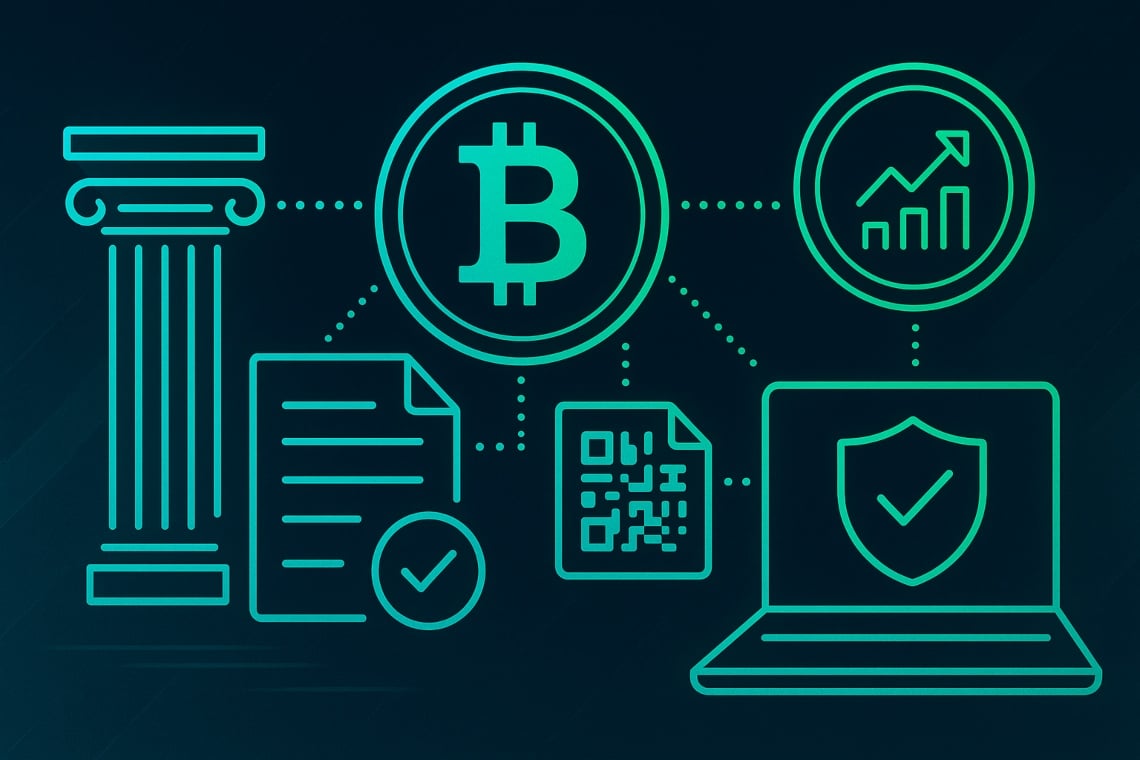‘Bad Guys Innovate, So Must We,’ Coinbase Tells U.S. Treasury
TLDR
- Coinbase has asked the U.S. Treasury to modernize anti-money-laundering rules for digital assets.
- The company argues that innovation is more effective than stricter enforcement in stopping financial crimes.
- Coinbase recommends regulatory safe harbors for firms using AI and advanced monitoring tools.
- The exchange supports the use of decentralized IDs and zero-knowledge proofs for secure customer verification.
- Coinbase urges the creation of regulatory sandboxes to test new compliance models with government collaboration.
Coinbase has urged the U.S. Treasury to revise outdated anti-money-laundering rules. The company submitted a 30-page response recommending technology-driven methods. It believes innovation, not stricter enforcement, is key to stopping financial crime in digital assets.
Coinbase Pushes for Innovation-Driven AML Framework
Coinbase argues that current rules under the Bank Secrecy Act (BSA) are outdated and inefficient. It claims these rules collect personal data while missing criminal activity. The exchange states innovation is needed to address evolving threats.
The company recommends safe harbors for firms using AI and advanced APIs for compliance monitoring. It believes modern tools are more effective than old reporting systems. Coinbase also emphasizes that rigid requirements lead to low-quality reports and data hoarding.
Moreover, the company proposes using decentralized IDs and zero-knowledge proofs for customer verification. These tools offer privacy and security without harming compliance. It also highlights blockchain-based “know-your-transaction” methods for better monitoring of illicit activity.
Coinbase Recommends Stronger Public–Private Partnerships
Coinbase calls for regulatory sandboxes to test compliance models before making permanent rules. These environments, it argues, will foster collaboration between regulators and industry. The company believes this approach improves effectiveness without disrupting innovation.
Coinbase also stresses that rules should focus on results, not strict mandates. The current framework, it says, creates data overload and inefficiencies. Grewal wrote, “When bad guys innovate in financial crime, good guys need innovation to keep pace.”
In addition, Coinbase supports more engagement with responsible actors in the digital asset space. This will help regulators understand evolving technologies and risks. It sees cooperation as crucial for meaningful oversight.
Coinbase’s filing comes as lawmakers debate new crypto oversight rules. A recent Senate proposal seeks stricter control over decentralized finance. Industry leaders, including Coinbase, warned it could halt development in key areas.
The post ‘Bad Guys Innovate, So Must We,’ Coinbase Tells U.S. Treasury appeared first on Blockonomi.
You May Also Like

Space and Time Integrates USDC for ZK Coprocessing

Trump admin Treasury touts trade deficit reduction due to tariff, spending strategies
